
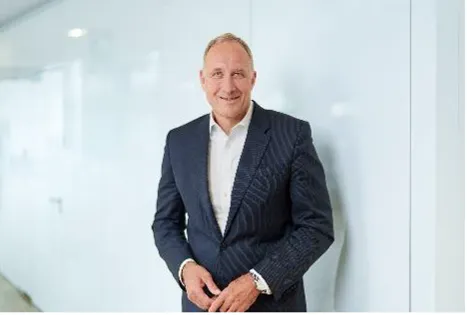
MAHLE Reports Steady Performance Amidst Challenging Market Conditions
MAHLE's Resilient Financial Performance in a Tough Market
MAHLE, a prominent automotive parts supplier, has released its financial results for the fiscal year 2024, showcasing its ability to remain profitable even in a challenging market landscape. The company reported a consolidated net profit that remains stable, with operating earnings (EBIT) increasing significantly from 304 million euros the previous year to 423 million euros. Despite the EBIT margin achieving a high level of 3.6%, revenue experienced a decline, dropping to 11.7 billion euros, which reflects a 5.6% decrease compared to the same period last year. Key factors contributing to this decline include sluggish markets in Europe and North America, as well as a downturn in electric vehicle demand across regions, excluding China.
During MAHLE's annual press conference held on Tuesday, CEO Arnd Franz emphasized the company’s steadfast commitment to its vision, stating, "In a challenging business environment, we have demonstrated a solid presence, a testament to our continuous efforts. Through the intensification of our group strategy, 'MAHLE 2030+', we can secure profitability even under tough market conditions. The pace of MAHLE's transformation continues to accelerate."
MAHLE has consistently strived to improve its profitability across various sectors. The company has restructured its product portfolio around three strategic areas: electrification, thermal management, and sustainable internal combustion engines. These initiatives have led to a substantial reduction in debt, achieving a decrease of 186 million euros. Thanks to favorable refinancing conditions, the group's liquidity has been assured, allowing MAHLE to maintain momentum in its transformation journey.
Looking ahead to 2025, the market conditions are projected to remain difficult, compounded by the recently announced tariff measures by the U.S. MAHLE will continue to uphold a cautious approach, ensuring stringent cost management amid these challenges.
Market Changes and Challenges
“The reduction in sales underscores the extremely competitive market environment we face, but we managed to maintain stability in our performance. This reflects our unwavering commitment to realizing significant transformation,” remarked Markus Kapaun, CFO and member of the management board. The impact of market changes is evident across nearly all business divisions.
The Thermal Management division posted revenues of 4.1 billion euros, but excluding currency fluctuations and the consolidation of subsidiaries, saw a 9.9% decline from the previous year. Similarly, the Electronics & Mechatronics division's revenues decreased by 5.7%, totaling 1.3 billion euros. The traditional internal combustion engine sector was not spared either, with the Engine Systems & Components division’s revenues plunging by 8.0%, reaching 2.4 billion euros. The only division to report an increase in sales was the Aftermarket division, which achieved a 6.2% rise, totaling 1.3 billion euros, significantly driven by existing business in the Asia-Pacific region, which recorded over 10% growth year-on-year.
Strengthening Profitability Through Portfolio Restructuring and Efficiency Measures
Despite the overall decline in revenue, MAHLE saw its revenue-based operating profit margin (ROS) increase to 3.6%. The primary driver behind this increase was a comprehensive restructuring of the product portfolio. As part of this, MAHLE divested its shares in Behr-Hella Thermocontrol (BHTC) and its thermostat OEM business.
For 2024, the company has implemented a thorough package of measures aimed at enhancing processes and efficiencies. This involves optimization within sales and administration as well as a review of the production network to ensure alignment with the reduced revenue scale, including the disposal of non-essential assets and adjustments to employee numbers.
Debt Reduction and Improvement of Equity Ratio
As a result of these initiatives, MAHLE achieved a substantial debt reduction of 186 million euros, bringing its debt down to 1.2 billion euros. The debt ratio (EBITDA interest-bearing debt multiplier) improved from 1.5 to 1.2. Favorable refinancing secured liquidity, enabling MAHLE to continue its progress without pause. Its equity ratio has also increased for the first time in five years to 20.1%.
Investment in Research & Development
In fiscal year 2024, MAHLE will invest 630 million euros in research and development, slightly increasing the research and development expense ratio to 5.4% of revenue from the previous year. The number of inventions registered for the year reached 536, while the patent applications numbered 427, reflecting MAHLE's determination as a leader in technological advancement in the automotive industry.
Innovative Technologies and Order Numbers
Among the notable innovations in 2024 is the newly developed "High-Performance Bionic Fan," inspired by the structure of owl feathers, which significantly reduces noise levels in fuel cell and battery electric vehicles during operation and charging. Additionally, MAHLE introduced new evaporative cooling systems for fuel cell trucks and an all-electric drive axle that integrates SCT (Superior Continuous Torque) motors and liquid management systems, drawing significant industry interest.
MAHLE’s commitment to technological innovation has led to a rise in orders across all strategic areas and powertrain types, achieving a new order volume of 10.3 billion euros for the year. Notably, the Thermal Management module secured the largest order value in the company’s history, amounting to 1.2 billion euros. Furthermore, new orders exceeding 1 billion euros have been garnered for battery cooling systems and electric compressors.
The execution of the group strategy 'MAHLE 2030+' is progressing steadily. In China, a critical growth market, partnerships have been established with international automotive and engine manufacturers as well as major domestic OEMs. The company expects significant growth in products and services related to electrification and thermal management, driven by the Chinese government's New Energy Vehicle (NEV) initiatives.
A Shift in Group Structure and New Business Areas
At the end of fiscal 2024, MAHLE will introduce a new group organizational structure, merging and reorganizing business divisions focusing on electrification and thermal management. This streamlining of management is aimed at achieving even stronger and faster internal collaboration, facilitating the establishment of a superior production network with high future potential. The restructuring efforts will also enhance operational functions in each region.
As demand rises for comprehensive solutions regarding mobility and vehicle lifecycle, MAHLE's Lifecycle & Mobility division will serve as the backbone for growth and profitability in this arena. The company senses considerable growth potential beyond automotive ventures, leveraging extensive expertise in thermal management and small electric motors to expand its business scope.
Sustainable Strategy Delivering Results
MAHLE has been recognized as an 'A List' company by the Carbon Disclosure Project (CDP), a nonprofit organization focused on environmental reporting and transparency. This recognition stems from the company's consistent efforts to reduce carbon dioxide emissions during production stages, upstream supply chains, and product usage—placing MAHLE among the top players in the automotive industry. CO2 emissions in scope 1 and 2 have seen a 47% reduction from the baseline year, progressing toward a goal of a 49% reduction by 2030.
Importance of Geopolitical and Economic Normalization
As we look forward to fiscal year 2025, CEO Arnd Franz cautions that the business environment is becoming increasingly arduous. He points out several challenges hindering transformation within the automotive sector, including a lack of commitment to technical diversity in Europe, combined with the serious implications of new tariffs imposed by the U.S. This, he asserts, adds an additional burden on the automotive supply chain and increases overall costs across the industry, ultimately impacting consumers.
Franz underscores the need for politicians and policymakers to negotiate sustainable solutions that avoid cost burdens and encourages the EU to provide clearer support for technical diversity. Acknowledging the importance of a workforce engaged in manufacturing internal combustion vehicles, he emphasizes the necessity of collaborating for environmental protection while ensuring job security and addressing social policy concerns.
In conclusion, MAHLE's strategies and adaptability to the evolving landscape are crucial. Without sustained improvements in economic and political conditions, reexpanding employment will pose a significant challenge.
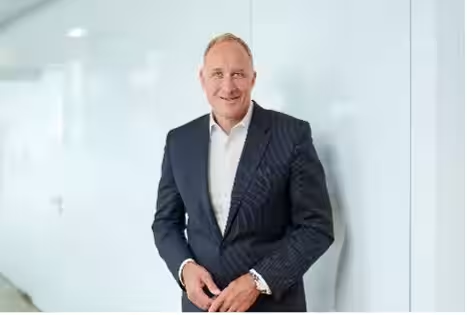

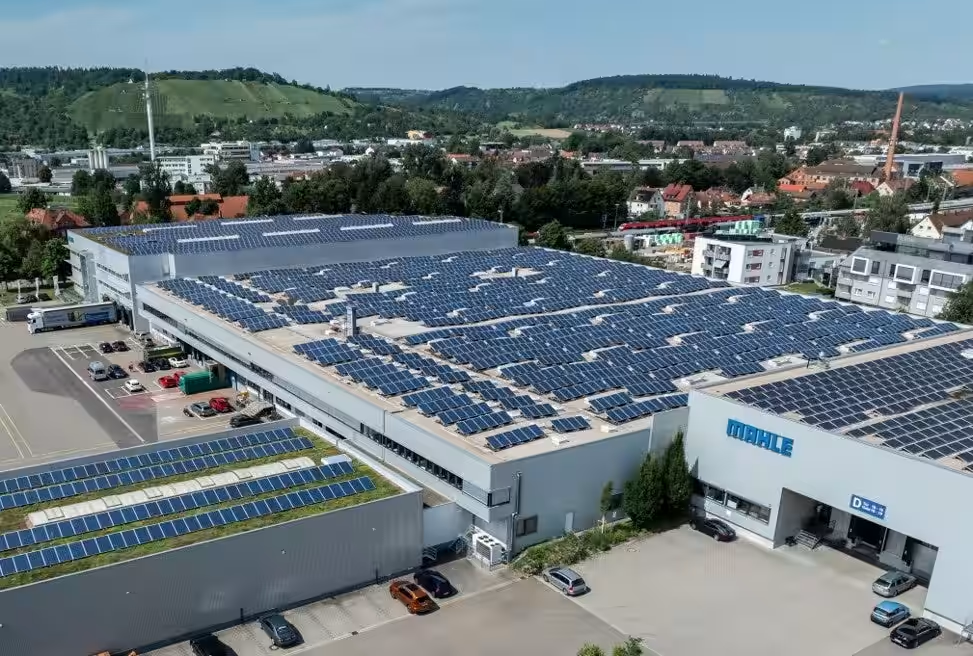

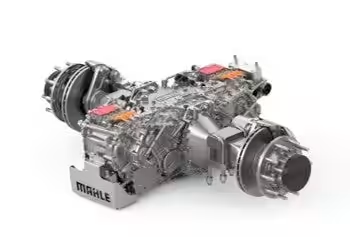

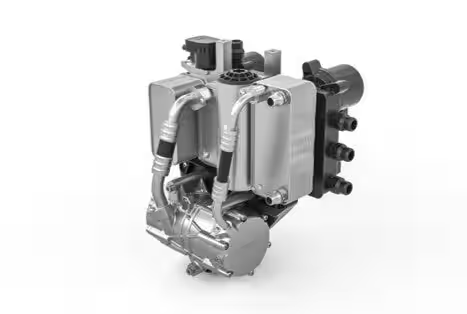
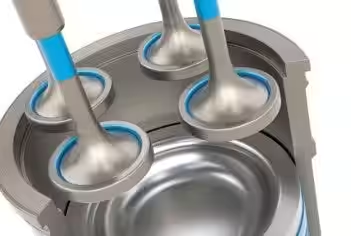
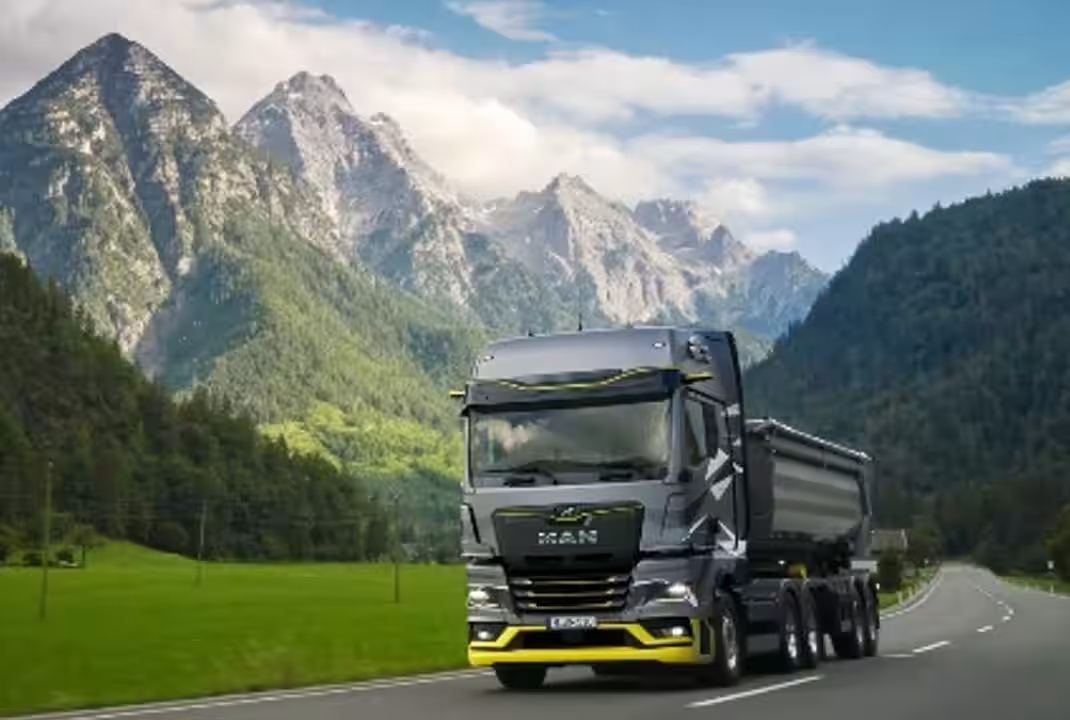
Topics Consumer Products & Retail)










【About Using Articles】
You can freely use the title and article content by linking to the page where the article is posted.
※ Images cannot be used.
【About Links】
Links are free to use.